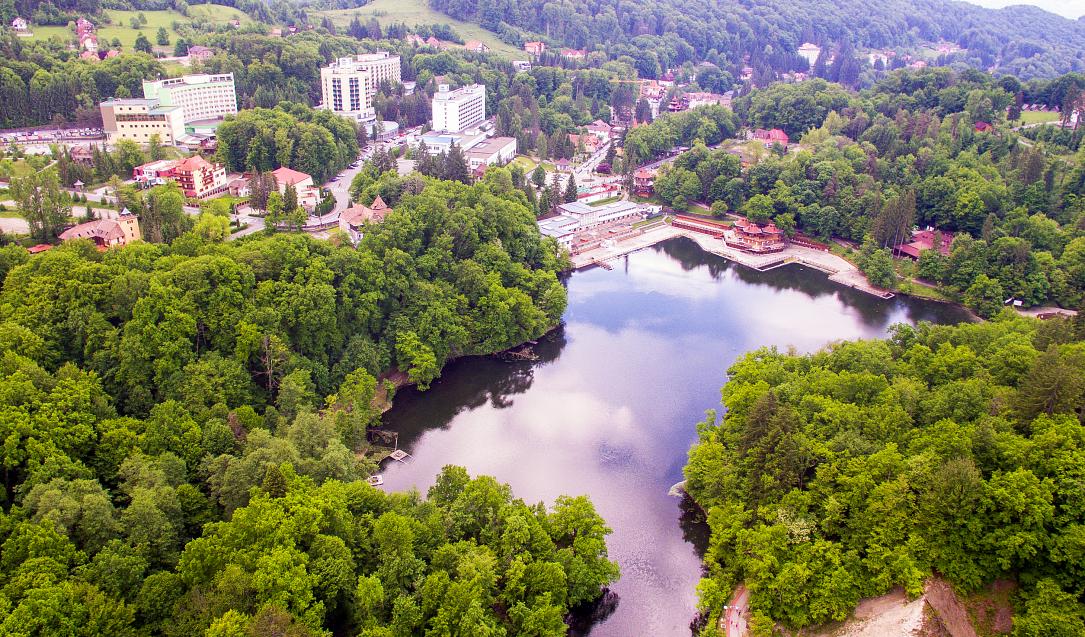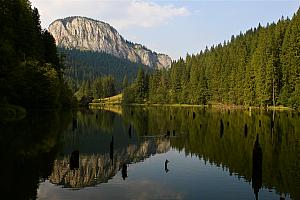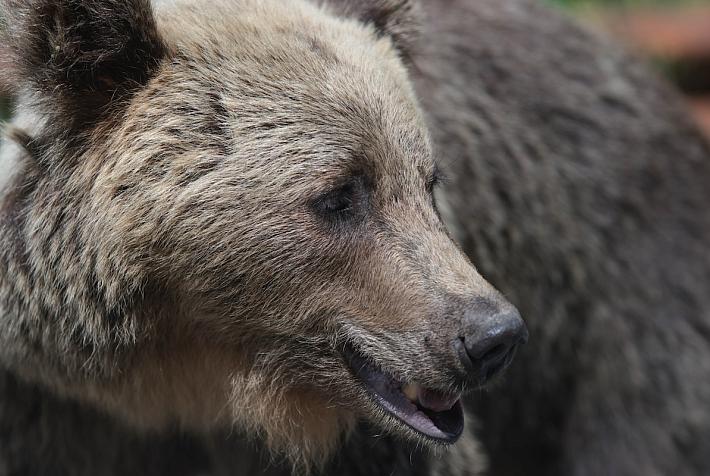Romania Photo of the Day by Dreamstime: Bear Lake

The Romania Photo of the Day created in partnership with stock photo provider Dreamstime aims to highlight the best of Romania. From stunning landscapes and popular tourist destinations and landmarks to people, traditions, and food, this series helps you discover Romania one photo at a time. This week, we put the focus on Romanian mountain lakes.
In the east of Transylvania, in a little town called Sovata, lies a lake known as the Dead Sea of Europe. With the highest salt concentration on the planet, Bear Lake is the main attraction of Sovata, the only heliothermal lake in Europe and the largest such lake in the world. (Photo source - click on the number to get to the photo 250209125 © Oancia Iulian | Dreamstime.com)
It is quite deep, the deepest point of the lake being at 18.9 m (although some locals claim it is thousands of meters deep, or even bottomless).
Situated at an altitude of 502 m, Bear Lake is part of a nature reserve and is surrounded by forests with a diverse range of trees, including hornbeam (Quercus petraea), oak (Quercus robur), beech (Fagus sylvatica), ash (Fraxinus excelsior), pine (Pinus sylvestris), wild cherry (Cerasus avium) and others.
The grassland is home to a number of flora, including some endemic to the area or protected species such as the lady's slipper (Cypripedium calceolus) and the wood lily (Lilium martagon), Wikipedia says.
The reserve's fauna is also rich in mammal, bird, reptile, and fish species, some of which are also protected. Some of the wildlife living here are the brown bear (Ursus arctos), the red deer (Cervus elaphus), the grey wolf (Canis lupus), the red fox (Vulpes vulpes), the capercaillie (Tetrao urogallus) and the white-throated dipper.
The fact that Bear Lake is surrounded by such rich vegetation and fauna, despite being the saltiest lake in the world, with an average salinity of 250 grams per liter, makes it truly unique. Its water temperature is another important feature, as it has different temperatures at different depths: 29°C at the surface and 41°C deeper.
As mentioned above, Bear Lake is a heliothermal lake, a characteristic that Libertatea explains thus: the heliothermal phenomenon refers to the warming of the water due to the heat emitted by the sun. The sun's rays pass through the fresh water at the surface of the lake and accumulate in the salt water, continually raising its temperature. In the summer, the different temperature layers in the lake homogenize, with the water reaching 33-34°C.
Another very interesting thing about Bear Lake is that it is the only lake in the world whose birth date is known to the minute. Libertatea says that historian Jozsa Andras established the lake's formation as having occurred in 1875, on May 27, at 11:00 am, on the site of a pasture on which two streams flowed, disappearing into a hole dug in the salt mountain. According to him, following heavy rain, the waters washed hay and plant debris from the pasture and plugged the hole in the salt mountain, and thus Bear Lake was born.
After the formation of the lake, the news spread that this water cures various rheumatic diseases, Agerpres says, and more than half a century later the first treatment center was established here. Sovata's spa treatments are still sought after today, with wellness centers here open to those seeking rest and relaxation or alternative cures for various ailments.












